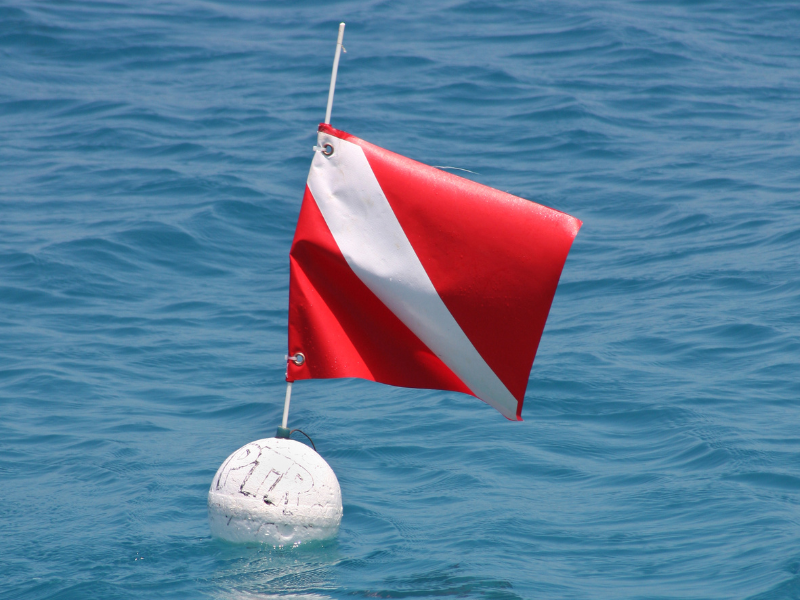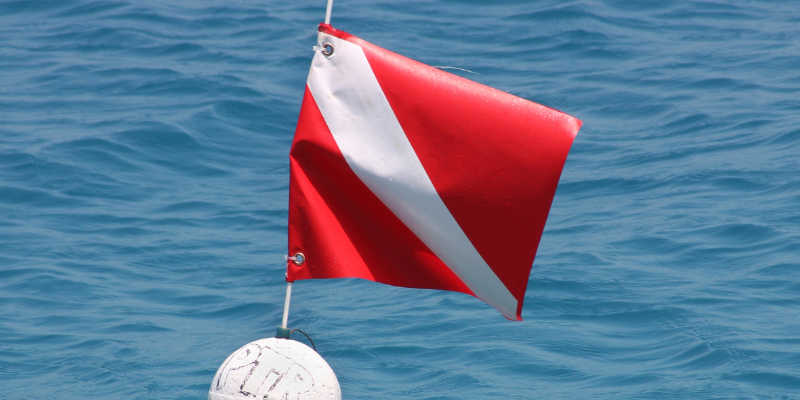Florida’s lobster season is a highly anticipated time for fishing enthusiasts and seafood lovers alike. For this season, it’s essential to ensure you have the right gear and knowledge to make the most of this exciting time.
Whether you’re a seasoned lobster hunter or a novice looking to dive into this exhilarating activity, this blog post will guide you through the process of gearing up for the start of the new lobster season in Florida.
Research and Regulations
Before you head out on your lobster adventure, familiarize yourself with the current regulations set by the Florida Fish and Wildlife Conservation Commission (FWC).
Stay updated on the season dates, bag limits, size restrictions, and any other specific rules and regulations. Adhering to these guidelines is crucial for preserving the lobster population and ensuring a sustainable and enjoyable experience for everyone.
Essential Gears
- Lobster Snare or Tickler Stick: These tools are used to catch lobsters by gently coaxing them out of their hiding spots. Choose a snare or tickler stick that is sturdy and durable, preferably made of stainless steel or a similar material.
- Dip Net: A dip net is a valuable tool for capturing lobsters once they are free-swimming. Look for a net with a long handle and a wide hoop to ensure easier handling and secure catches.
- Gloves: Invest in a pair of sturdy gloves to protect your hands from lobster spines, sharp rocks, and potential cuts or scrapes.

- Dive Flag: A dive flag is essential for ensuring your safety while diving. Make sure it meets the size requirements set by the FWC and is highly visible to other boaters in the area.
- Dive Gear: If you plan to dive for lobsters, ensure your scuba or snorkeling equipment is in good working order. Check your mask, snorkel, fins, and tanks to guarantee they are functioning correctly and are comfortable to use.
Safety First
When it comes to any water-based activity, safety should be a top priority. Consider the following precautions before venturing out:
- Dive with a buddy: Lobster hunting is more enjoyable and safer with a partner. Always dive with someone else and establish a system for communication underwater.
- Check weather conditions: Keep an eye on the weather forecast and avoid diving in rough or stormy conditions.
- Stay hydrated: Bring plenty of water to stay hydrated throughout the day, especially in Florida’s warm climate.
- Apply sunscreen: Protect your skin from the sun’s harmful rays by applying sunscreen regularly.
Know Your Hunting Grounds
Before you dive into the water, take the time to familiarize yourself with the lobster’s preferred habitats. Rocky areas, coral reefs, and artificial structures like bridges and docks are popular spots for lobster sightings. Talk to local fishermen, consult fishing guides, and use online resources to discover the best lobster hunting grounds in your chosen area.
Stay Respectful and Sustainable
Sustainable fishing practices are crucial for preserving the lobster population and the overall health of Florida’s marine ecosystem. Follow these guidelines:
- Only catch legal-sized lobsters.
- Avoid overcrowding or overfishing popular lobster spots.
- Handle lobsters with care and release any undersized or egg-bearing lobsters back into the water.
- Leave the environment as you found it, taking care not to damage coral reefs or other marine habitats.
By researching regulations, acquiring the necessary gear, prioritizing safety, knowing your hunting grounds, and practicing sustainability, you’ll be well-prepared for a successful and enjoyable lobster hunting experience.
So, grab your gear, gather your diving companions, and get ready for an unforgettable time in the bountiful waters of Florida.
Download the FishVerify app today from the App Store or Google Play Store to enhance your lobster hunting experience! Happy lobster hunting!


